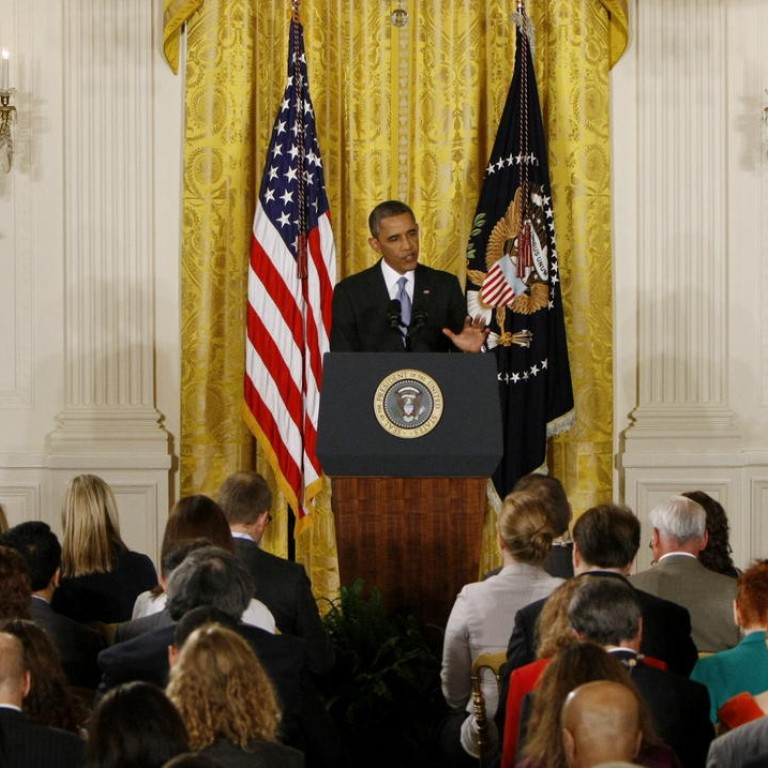
Update | Hong Kong still waiting for US cyberspying answers from Obama
US government has failed to answer questions raised by Hong Kong about its cyberspying
US President Barack Obama has sought to ease Americans' concerns over government spying by pledging greater scrutiny, but Washington has still done nothing to answer questions raised overseas by Edward Snowden's claims of computer hacking.
Hong Kong, for instance, is still waiting for answers to Snowden's claim that the US National Security Agency (NSA) hacked into the city's computer systems.
Hours after Obama's pledge at a White House news conference, a Hong Kong government spokesman confirmed there had been no response to repeated requests for information on the claims by the former NSA contractor of US cybersurveillance in the city and on the mainland.
"We have not received a response yet," a government spokeswoman said yesterday.
Obama's pledge of more transparency appeared only to cover domestic spying efforts, though he did acknowledge that revelations about the NSA's cyberspying had damaged the US' reputation abroad.
Snowden made his claims shortly after he broke cover in Hong Kong in June and revealed himself to be the source of leaks on the NSA's secret surveillance programmes.
Three weeks ago, Legislative Council President Jasper Tsang Yok-sing wrote a letter to the White House on behalf of all lawmakers, demanding answers on the claims.
The letter was delivered to the US consulate on July 19. Calls to the US consulate went unanswered yesterday.
At his news conference Obama said the US "can and must be more transparent" about its interception of phone and internet data. "Given the history of abuse by governments, it's right to ask questions about surveillance, particularly as technology is reshaping every aspect of our lives," he said. "It's not enough for me as president to have confidence in these programmes. The American people need to have confidence as well."
Obama detailed a four-part plan that includes allowing an independent attorney to argue against the government during secret hearings of the Foreign Intelligence Surveillance Court, which reviews requests for domestic surveillance.
He also intends to ask Congress to reform one of the most controversial sections of the Patriot Act passed in the aftermath of the September 11, 2001 attacks: Section 215, which gives the government access to telephone and other records of its citizens.
Other proposals include creating an external advisory panel to review surveillance powers, hiring a privacy officer at the NSA and starting a website that describes intelligence activities.
On Snowden, who has been granted temporary asylum in Russia despite US objections, Obama said: "I don't think Mr Snowden was a patriot".
